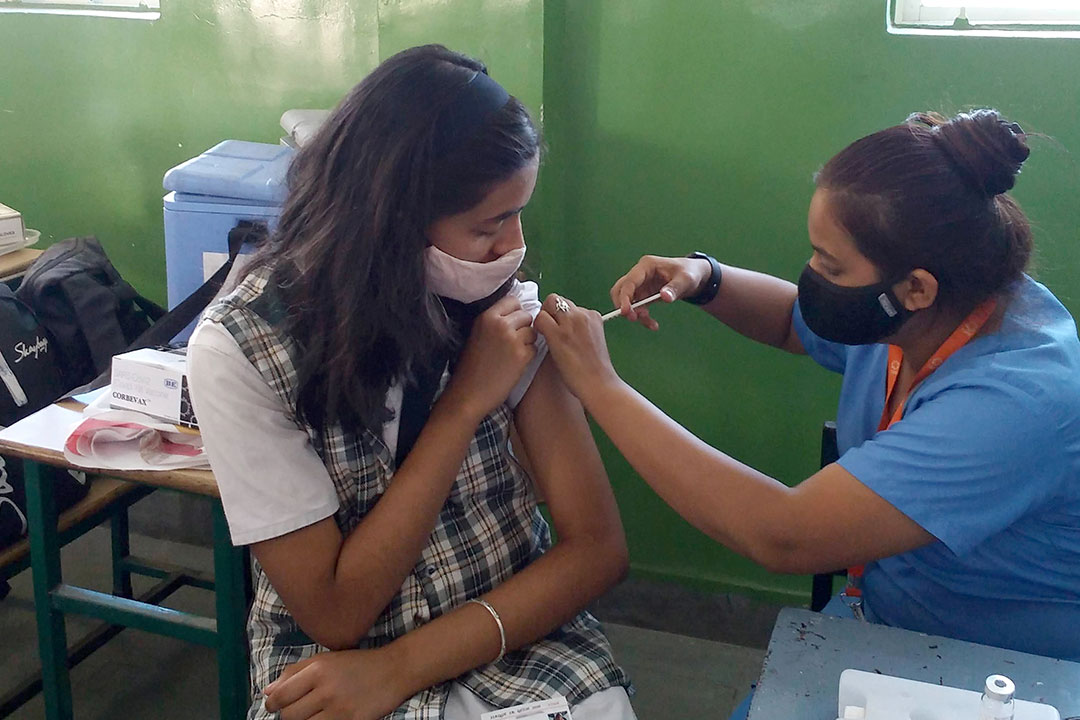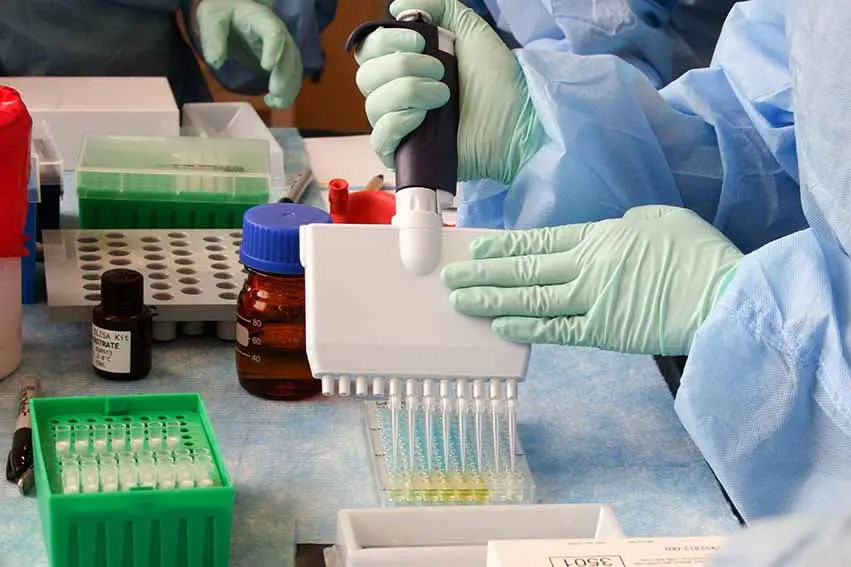Pregnancy complication ‘triples kidney risk’
Ugandan study finds women with pregnancy complication known as pre-eclampsia three times more likely to develop chronic kidney disease.
- 28 May 2025
- 4 min read
- by SciDev.Net

African women who experience a common pregnancy complication known as pre-eclampsia are at increased risk of developing long-term kidney disease, scientists in Uganda say.
Pre-eclampsia is a serious condition which can lead to high blood pressure and signs of organ damage, typically arising in the second half of pregnancy, during labour, or shortly after delivery.
The research, published in BJOG and conducted by scientists from Makerere University, Mulago National Referral Hospital, and the University of Cambridge, UK, found that women with pre-eclampsia were three times more likely to develop chronic kidney disease within the first year after childbirth, compared to those without the condition.
“Pre-eclampsia is not just a pregnancy complication, it’s a warning sign of future health risks,” Annettee Nakimuli, the study’s lead author and dean of the Department of Obstetrics and Gynaecology at Uganda’s Makerere University College of Health Sciences told SciDev.Net.
“Our study is the first in Sub-Saharan Africa to shed light on the long-term health consequences of pre-eclampsia in this population.”
The study, conducted at Mulago National Referral Hospital, a facility with over 100 daily live births, revealed that 36.4 per cent of Ugandan women with pre-eclampsia developed hypertension within a year of childbirth.
The World Health Organization estimates that conditions linked to high blood pressure — of which pre-eclampsia is by far the most common — contribute to 16 per cent of maternal deaths in Sub-Saharan Africa.
Between 2010 and 2019, the incidence of pre-eclampsia in Africa rose by approximately 20 per cent, researchers say.
The World Health Organization estimates that the lifetime risk of maternal death is one in 150 in developing countries, compared to one in 3,800 in high-income countries.
Critical
Nakimuli says early detection and consistent follow-up care are key to improving outcomes.
“Mothers often arrive at hospitals already in critical condition,” she said.
“This condition is preventable and treatable if caught early, but delayed presentation limits options for intervention.”
Nakimuli tells SciDev.Net that African women are genetically more susceptible to pre-eclampsia due to a higher prevalence of a gene variant called C2-type HLA-C, which can result in riskier mother-foetus immune mismatches, as well as factors like access to healthcare and socio-economic constraints.
Robert Kalyesubula, from Makerere University College of Health Sciences, a co-author of the study, warned that cardiovascular diseases are a leading cause of death in Africa.
“The first solution from our research is prevention of pre-eclampsia at all times during pregnancy, in cases when one is diagnosed, they should manage, monitor and treat it, it’s a risk too to the unborn babies,” Kalyesubula told SciDev.Net.
Kalyesubula said routine postnatal care should include screening like protein in urine for complications such as hypertension and kidney disease, and urged mothers to use immunization visits as opportunities to check their own health status.
He also called for strong policy reforms, increased health financing by African countries highlighting that countries like South Africa have already initiated kidney tests into routine screenings for pregnant women.
He recommended leveraging mobile health technologies to support follow-ups, especially in rural areas.
Have you read?
Othiniel Musana, a gynaecologist at Nsambya Hospital in Kampala, believes the research validates what many healthcare providers have long suspected about the lasting impact of pregnancy complications.
“Too many mothers and healthcare providers focus intensively during pregnancy but abandon that vigilance after a safe delivery,” Musana tells SciDev.Net.
He argues for extending routine maternal health monitoring for at least three years post-delivery, noting that many complications manifest long after women leave hospital care.
Musana particularly emphasised the need for technology-driven solutions to reach mothers in remote areas, acknowledging that many women cannot easily return to hospitals for check-ups when they feel well.
“We need to bring the services to them, not wait for them to come to us,” he said.
Call for policy changes
Nakimuli also called for greater awareness among health workers, stressing that integrating kidney function tests into routine follow-up visits could save thousands of lives.
“A simple urine or blood test at six weeks postpartum could catch early signs of kidney damage, the tools are available, we need to prioritise their use,” she said.









